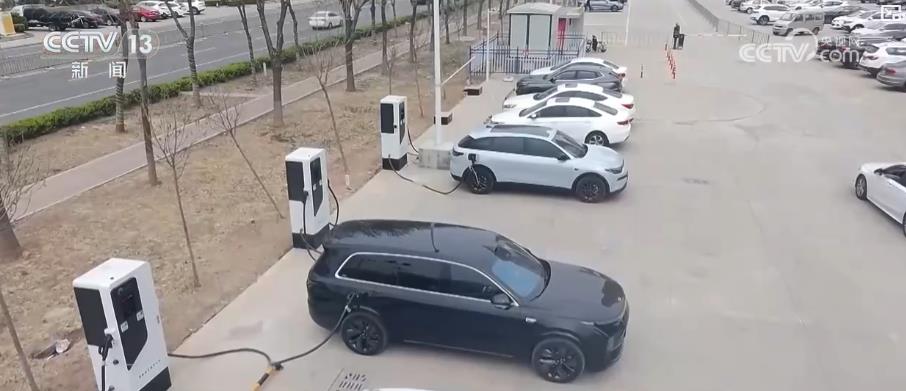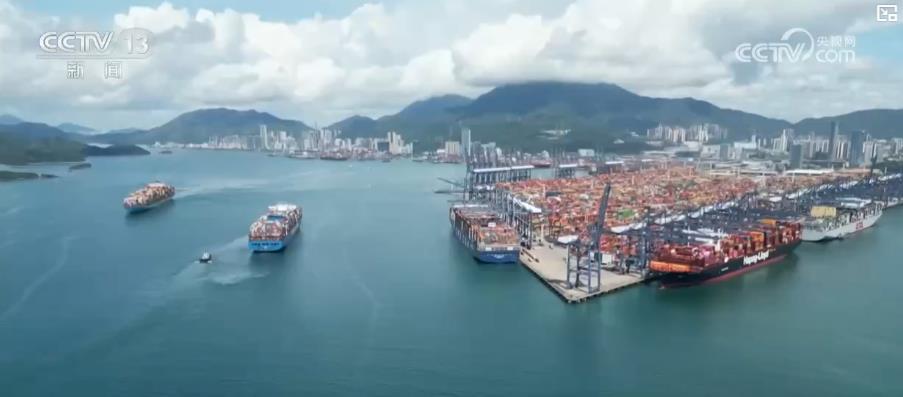CCTV News: The United States' implementation of the so-called "peer-to-peer tariff" policy has caused turmoil in the global trade pattern, which has brought challenges to the operations of many companies with global businesses.
Under this background, many A-share listed companies have recently actively spoke out in public channels to explain the impact of this policy and announced a series of positive response measures.
Manufacturing companies actively deploy global production capacity and control costs

In response to the cost pressure brought by tariff policies to manufacturing enterprises' exports, some listed companies said they are accelerating the overseas production capacity layout. Some listed companies said that they have found manufacturing sites in some low-tax countries or regions in advance and carried out relevant personnel reserves. It is expected that manufacturing substitution in low-tax areas can be achieved within one month. At the same time, the company has a complete layout in the European market and the vast emerging markets such as the Asia-Pacific, the Middle East, and South America. Some companies have also stated that they will set up production bases in the United States and Vietnam, and gradually shift the sales market to Europe and India, using Southeast Asian bases to meet regional demand.

As well as enterprises are using scientific foreign trade settlement methods to actively share tariff burdens. For example, the on-ship delivery price settlement model of the port of shipment is adopted, that is, the method of customers who bear the freight after the goods are shipped on board and clear the customs duties by themselves to alleviate the direct impact of their own business being subject to tariffs. Some listed companies also stated that the relevant tariff costs of the company's business in the United States are borne by customers.
Wang Kai, chief strategy analyst of Guosen Securities: Over the years, my country's manufacturing enterprises have been continuously transforming and upgrading, and relying on flexible supply chain adjustments and market diversification strategies, they have shown strong resilience to deal with US tariffs. In the long run, China's manufacturing industry's global supply chain status is difficult to replace. Combined with the continuous efforts of policy support and technological innovation, it is expected to continue to maintain its global competitiveness in a complex trade environment and consolidate its global competitive advantage.